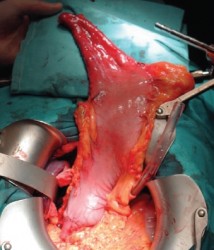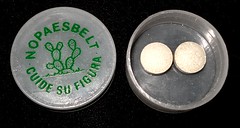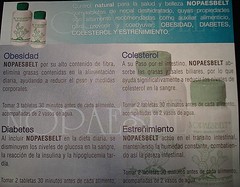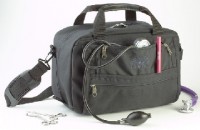I haven’t written in a while because I am involved in thousands of transact that seem endless.
The Good News: I passed the exam, so I’m going to be a surgeon.
Now, the problem is not the exam itself. When you go for it, and study a lot, you can pass it, but passing the exam isn’t the last thing to do. Let me explain you this:
On September 2nd and 3rd was the exam wich consists in 600 questions of medical knowledge and 100 questions of english language understanding. Two months later (October 30th) results was published in the website of the CIFRHS. As I wrote before, it is a challenge to get into a residency program. Also, corruption reigns in this exam. O.k. I passed the exam and I’m selected to be a surgical resident.
The thing is that now, people selected have to pick a spot in an hospital of their preference. Again, corruption reigns this step. The Committee give you just one letter of your approved status and with that you have to go to ONE hospital at the same time and apply for their residency program. If that hospital don’t like you, you loose your turn and have to wait to the next round of applications.
With the earnings of 10 million dollars, they could implement a system like the “match”, why they don’t do it? Lot of people will loose their chance to get into a residency program.




